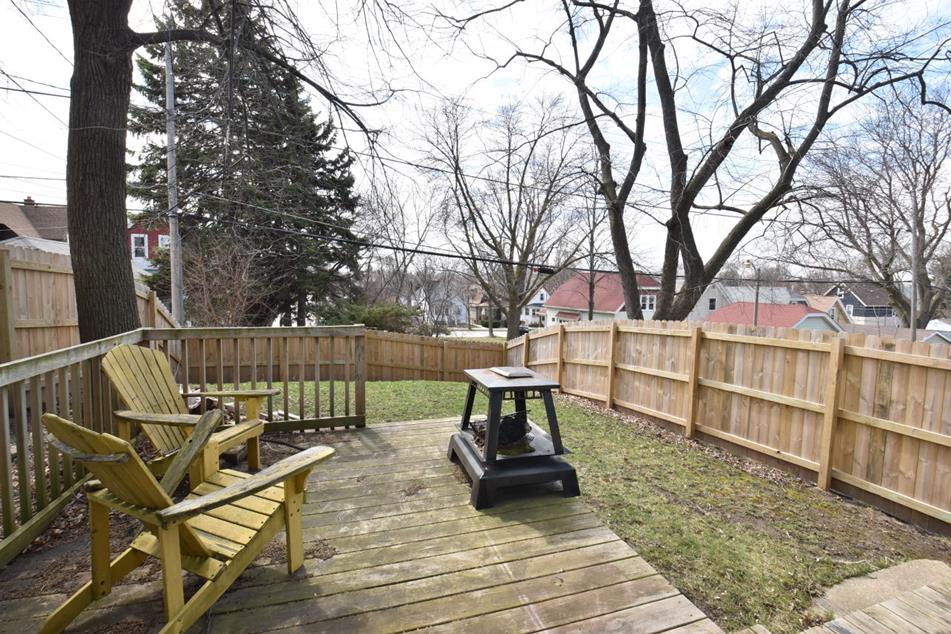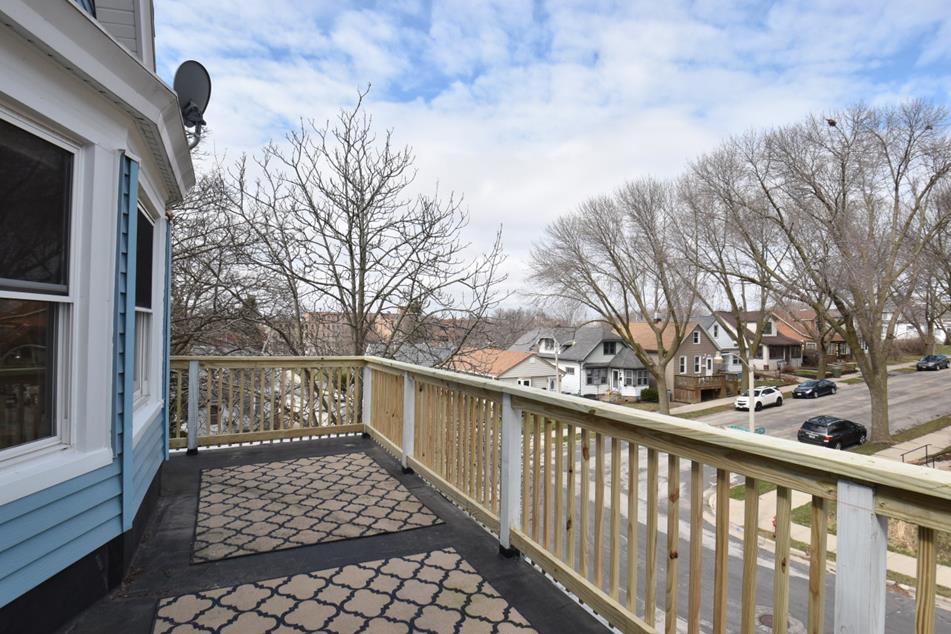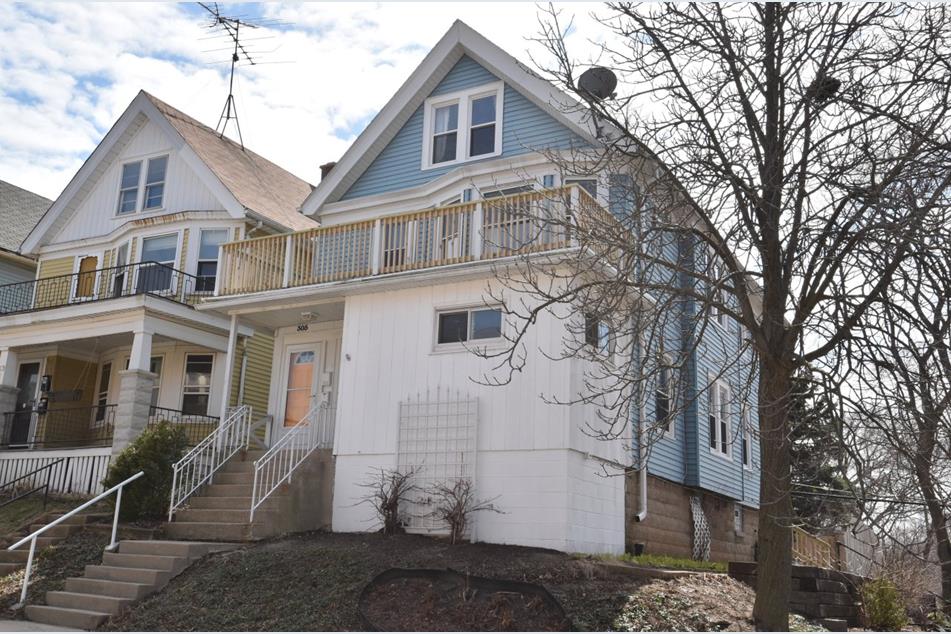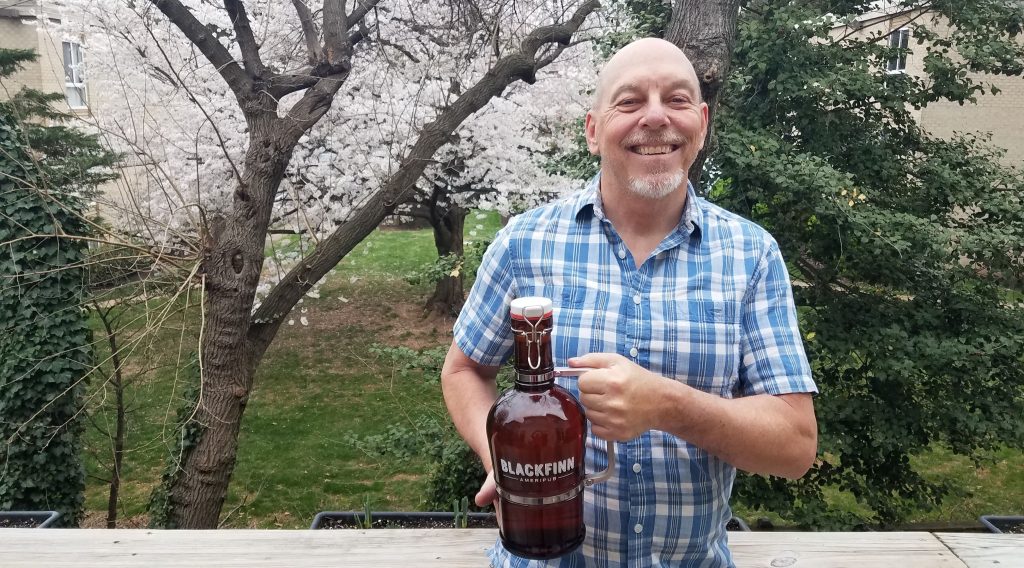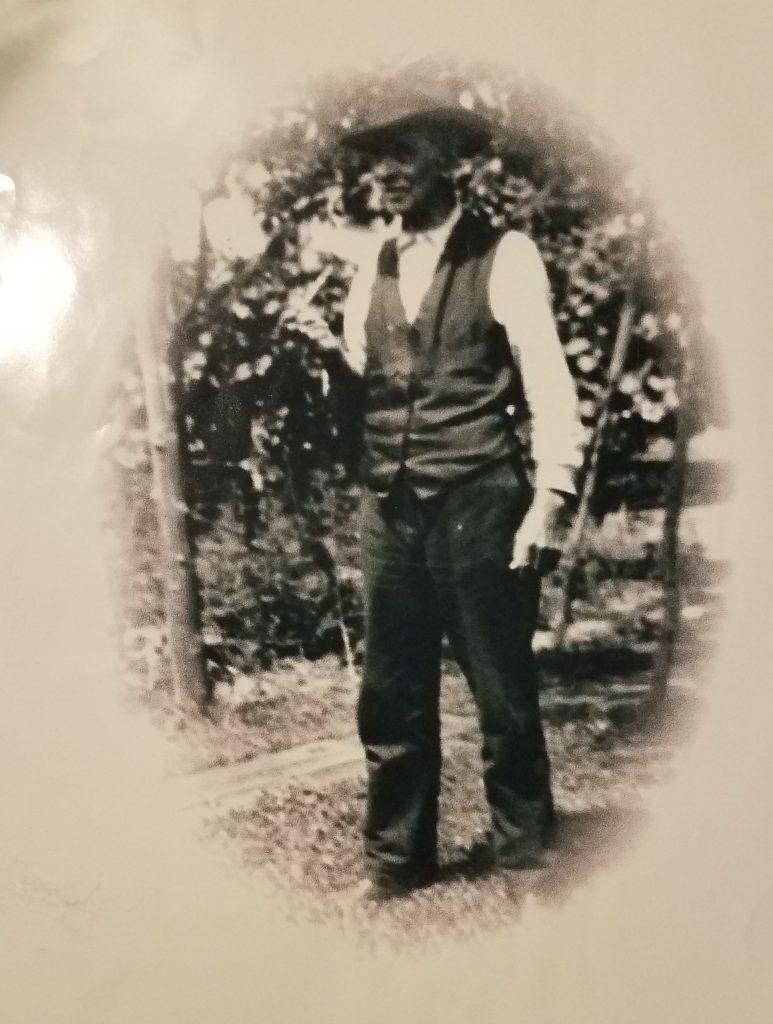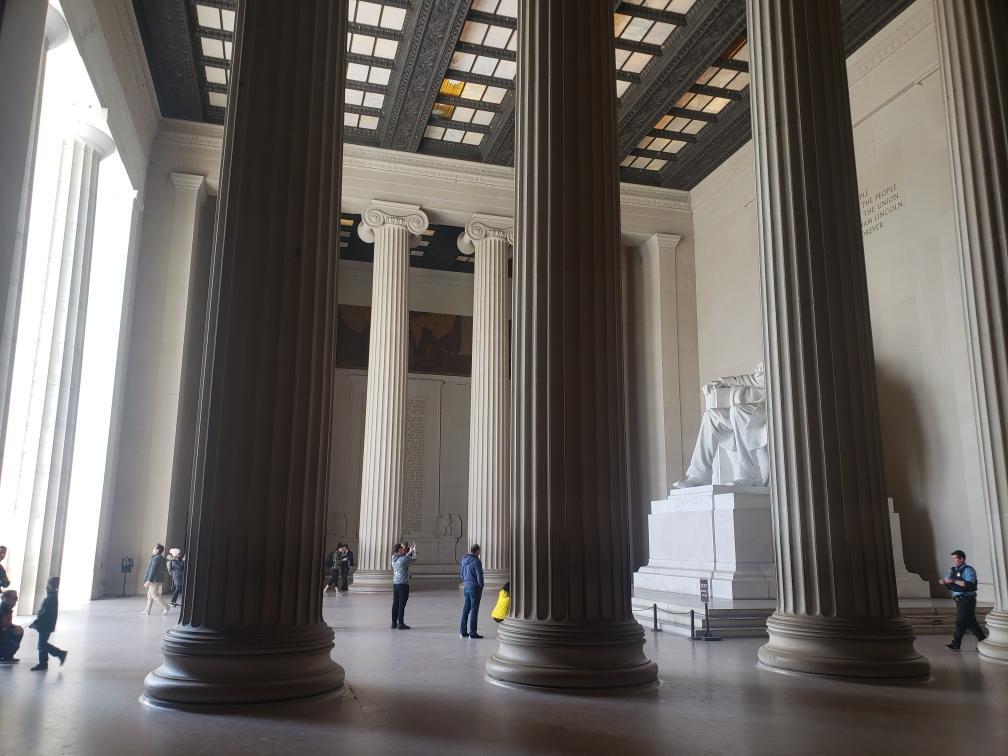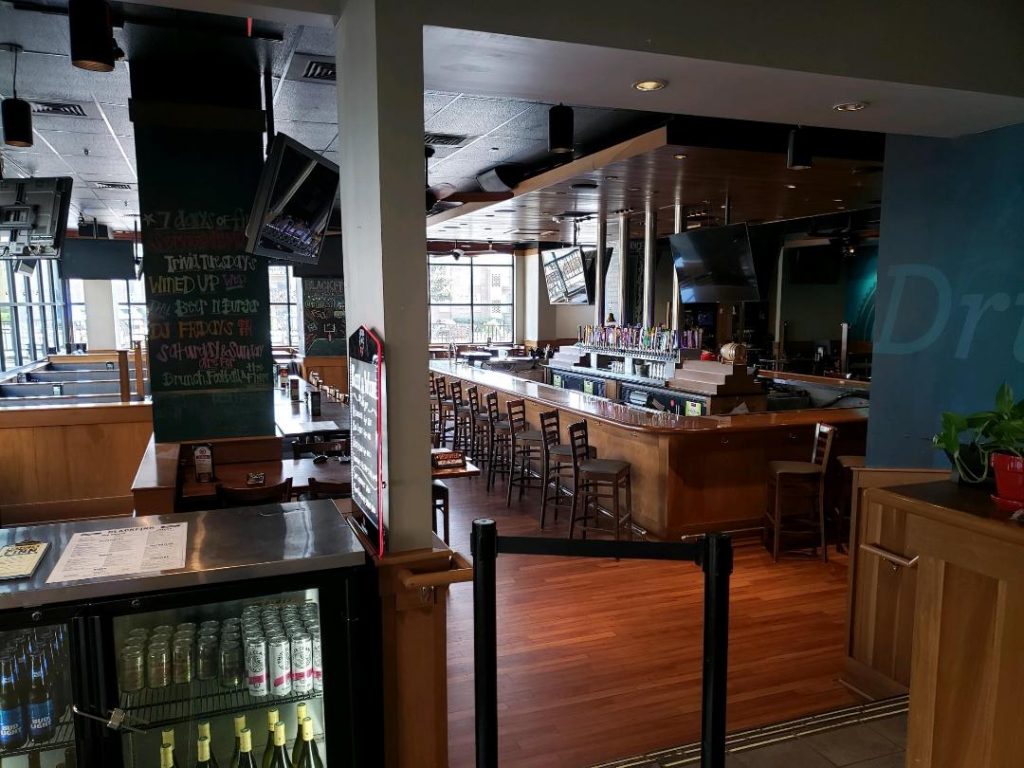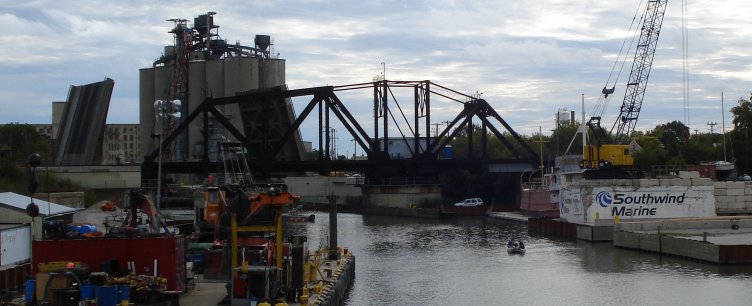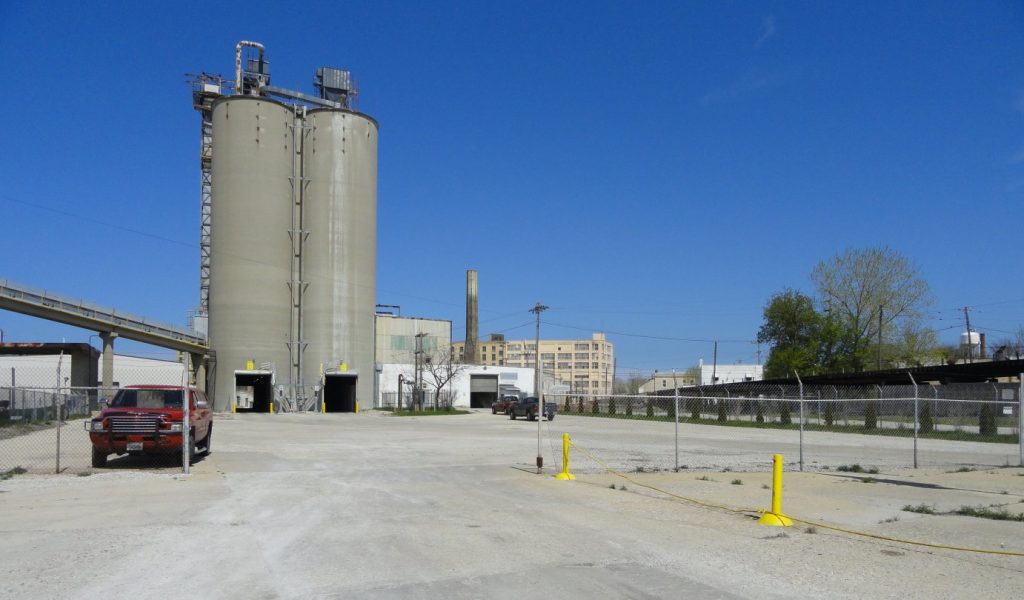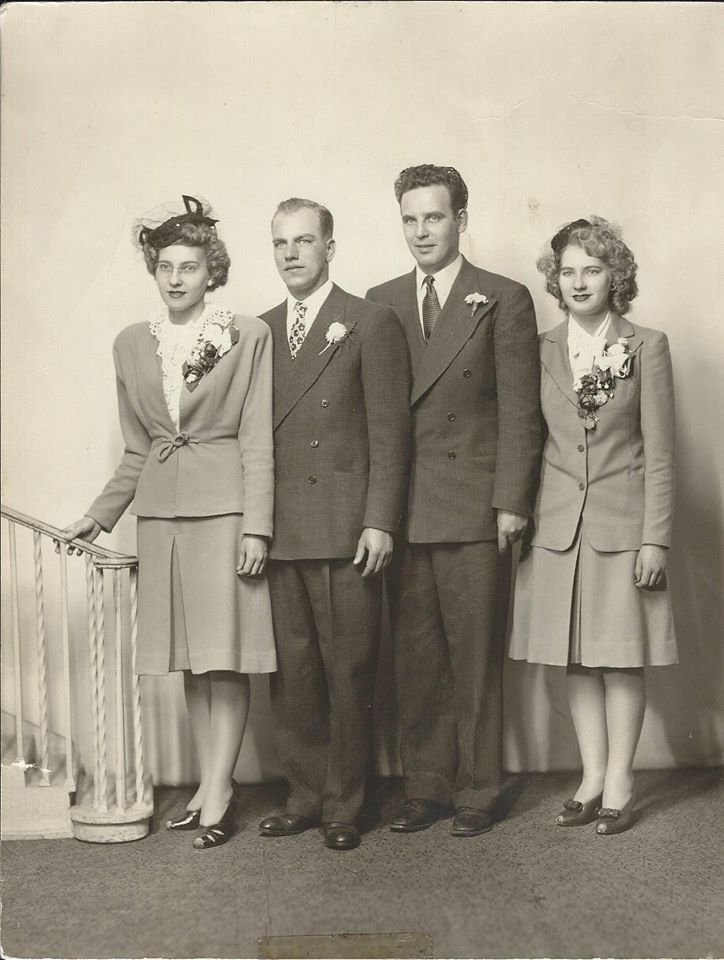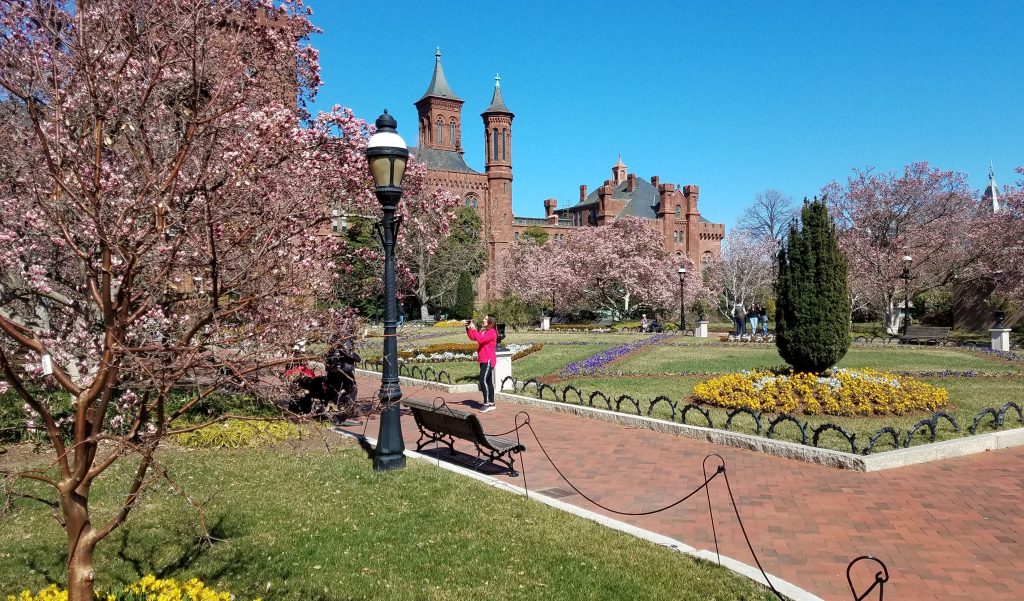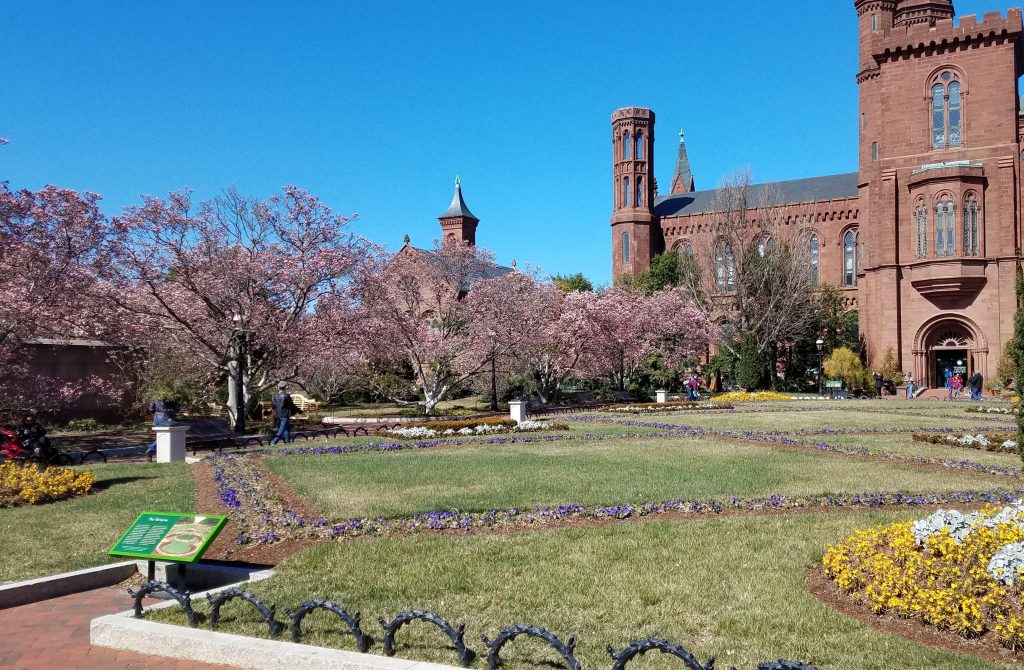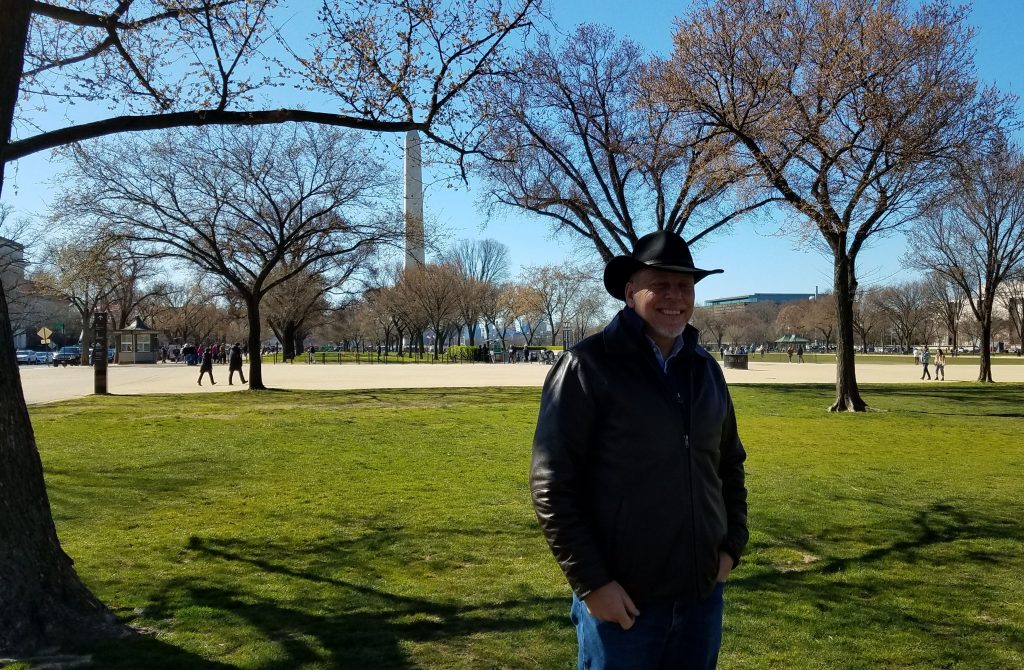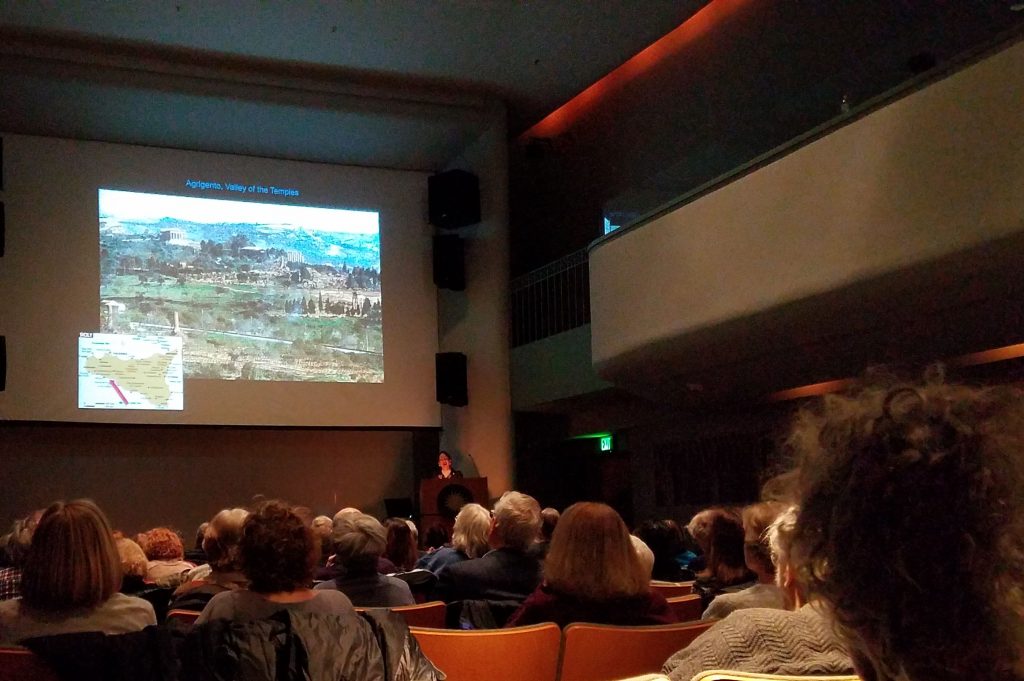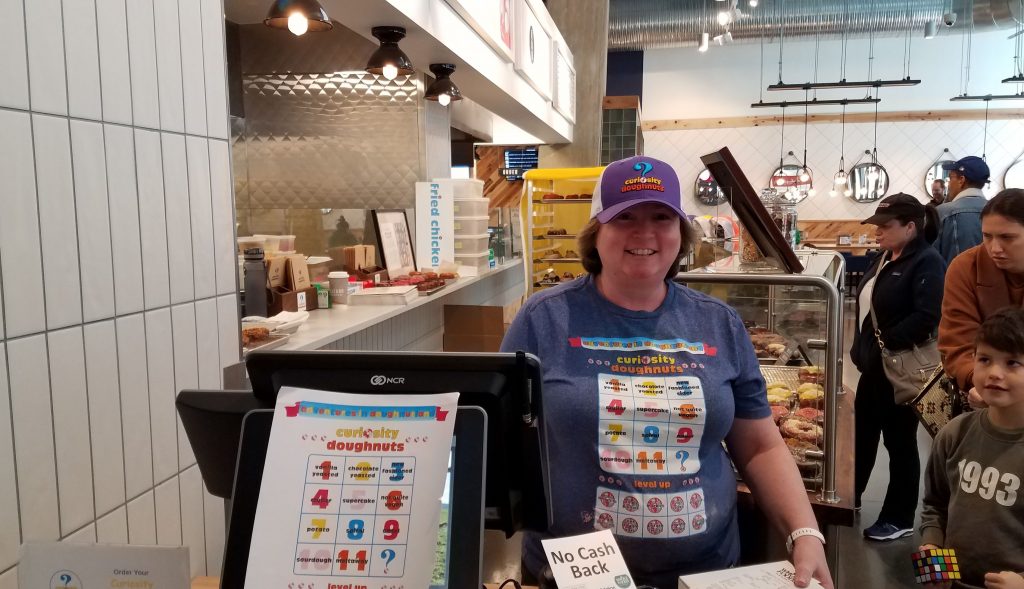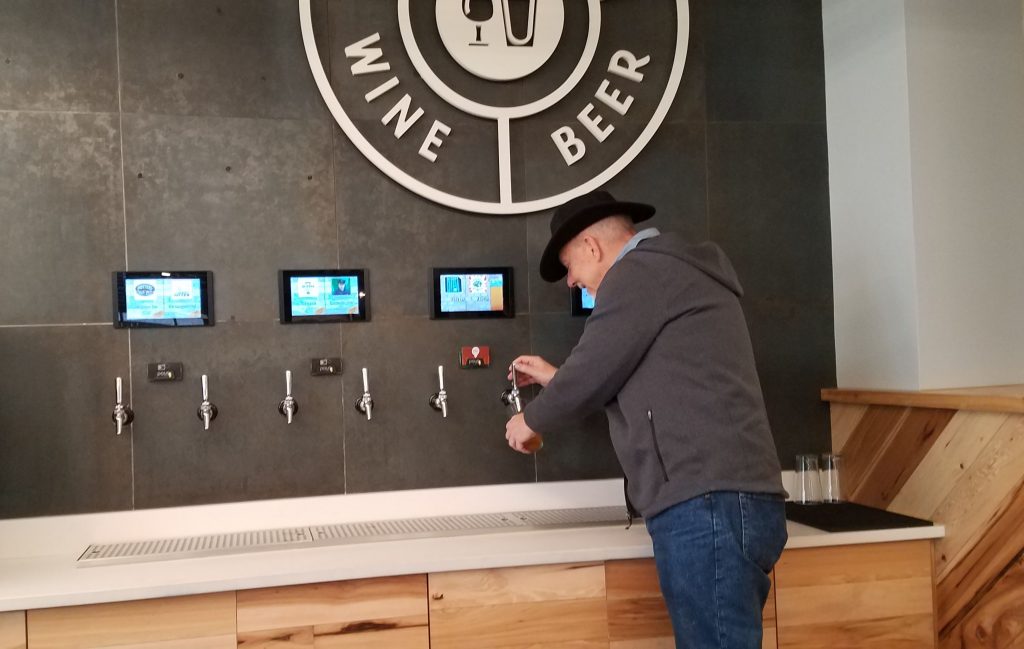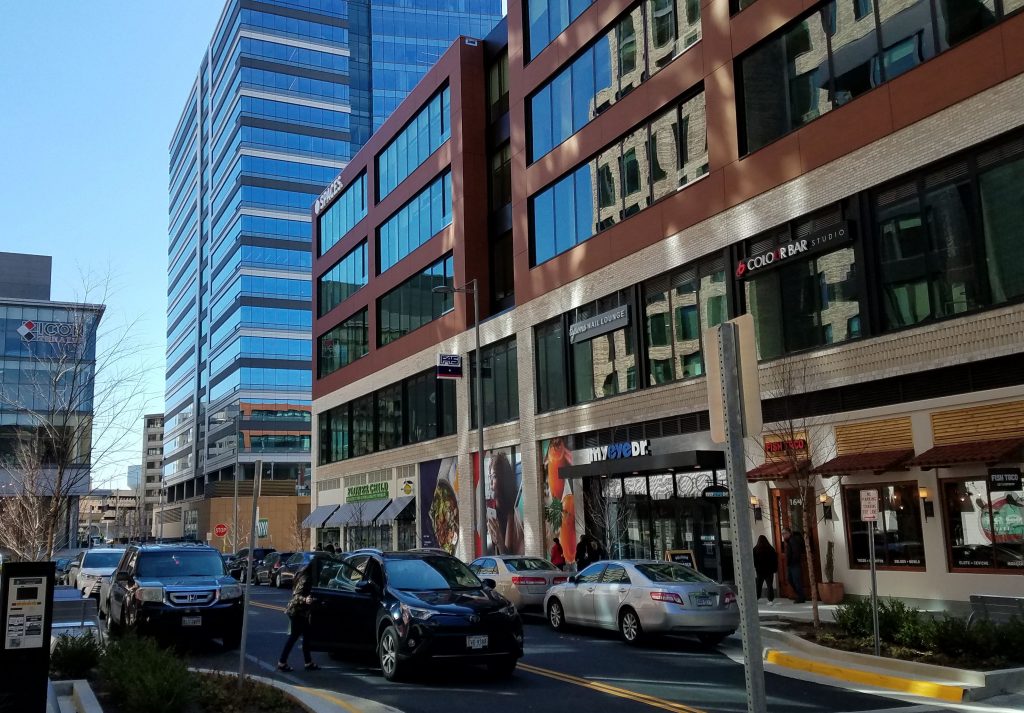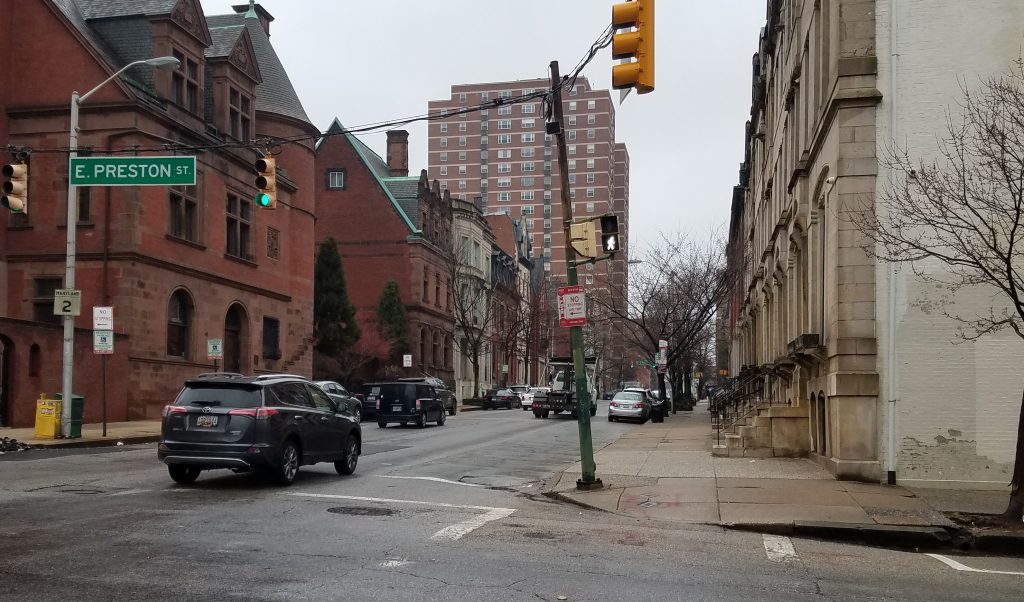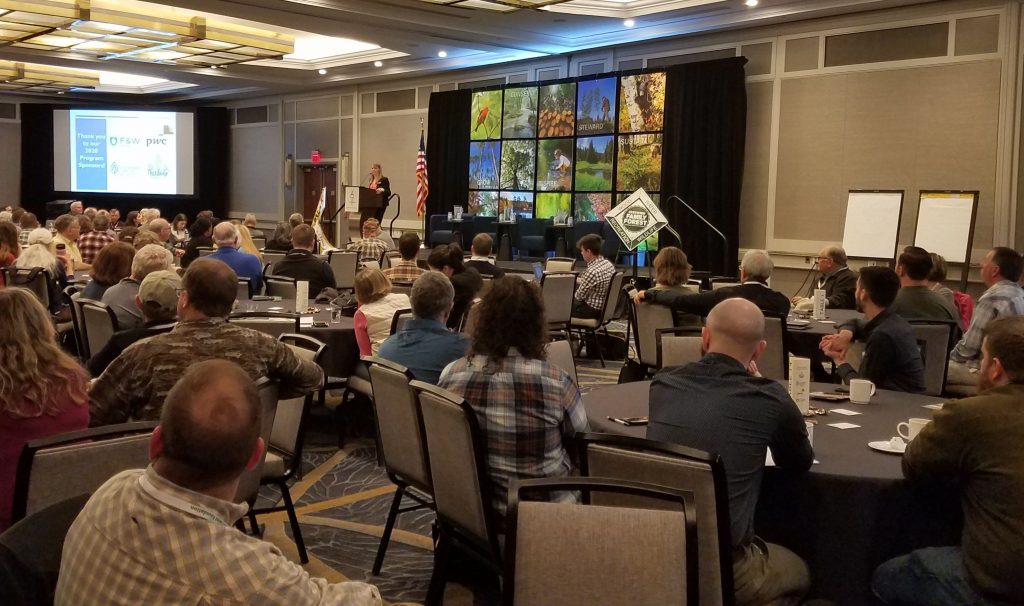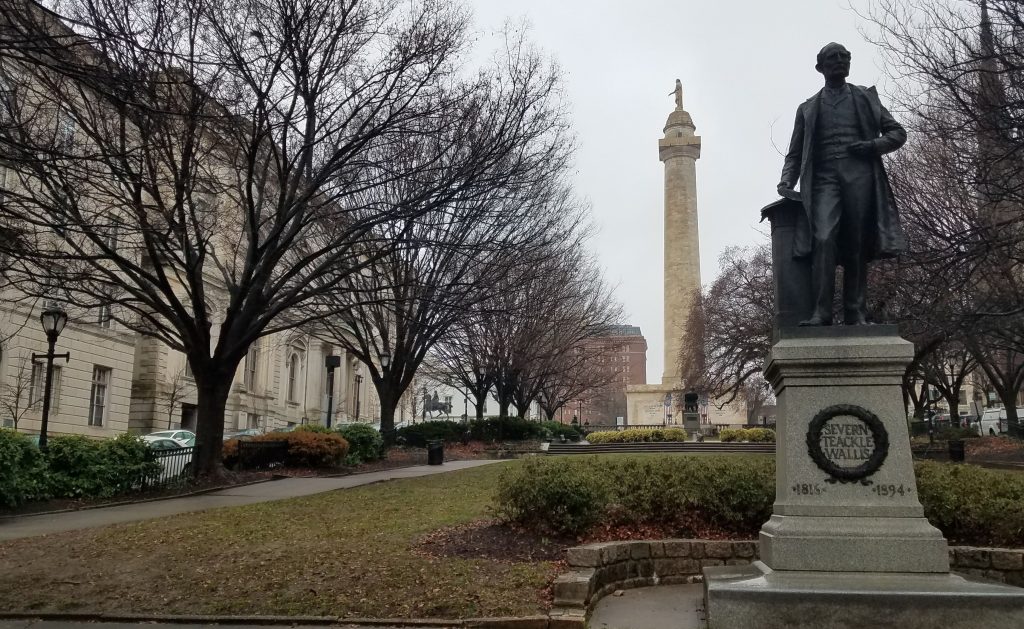I liked classical music when I was a kid and my favorite among the few scratched records we had around the house was Scheherazade. I could whistle almost the whole thing, a skill most people found passing annoying. It is not really the kind of music you can properly whistle and some people think no kind of music is the kind you should whistle.
My taste was not sophisticated, but my mother encouraged me. Her taste was also not sophisticated but we tried. A lot of our suggestions came from a commercial selling the “Great Classics.” It featured some classy looking guy with an English accent telling us that so many popular tunes were actually the great classics.
Another source of classical music for me were “Bugs Bunny” cartoons, that featured soundtracks with classical music.
In those benighted days, before we had all the advantages of Internet and YouTube, the capacity to be an aficionado were truncated. Mostly you had to listen to radio. Only the rich or serious collectors could have more than maybe a dozen records and they did not sound very good on our cheap equipment. I am still sometimes amazed at the richness of sound in my old favorites when played on modern machines.
I can still recall most of what my mother had. Besides Scheherazade, she had “New World Symphony,” “Liebesträume & other Hits” (which I thought was lebensraum. I was much surprised in world history when I learned that that Germans were fighting for that in WWII. Didn’t seem worth fighting for.) a couple by Tchaikovsky, the rather lowbrow “Beethoven’s Greatest Hits” featuring famous cuts, and “Victory at Sea.” That was it. Maybe Christine Matel Milewski recalls others.
As much as my mother was proud of my esoteric tastes, I was ashamed of them. My friends thought I was weird enough, so I tried to keep it a secret. I still recall with horror a time when my friends came to “call for me” and my mother told them that I would be out later because I was listening to a symphony. I had to put with the ridicule for weeks and that opprobrium has a half life of years.
Kids can be very cruel and their memories are long for mistakes. There was a kid who peed in his pants in kindergarten. We called him “pee pants” until he grew bigger and stronger than most of us and the teasing diminished.
Anyway, I just finished enjoying this music.

